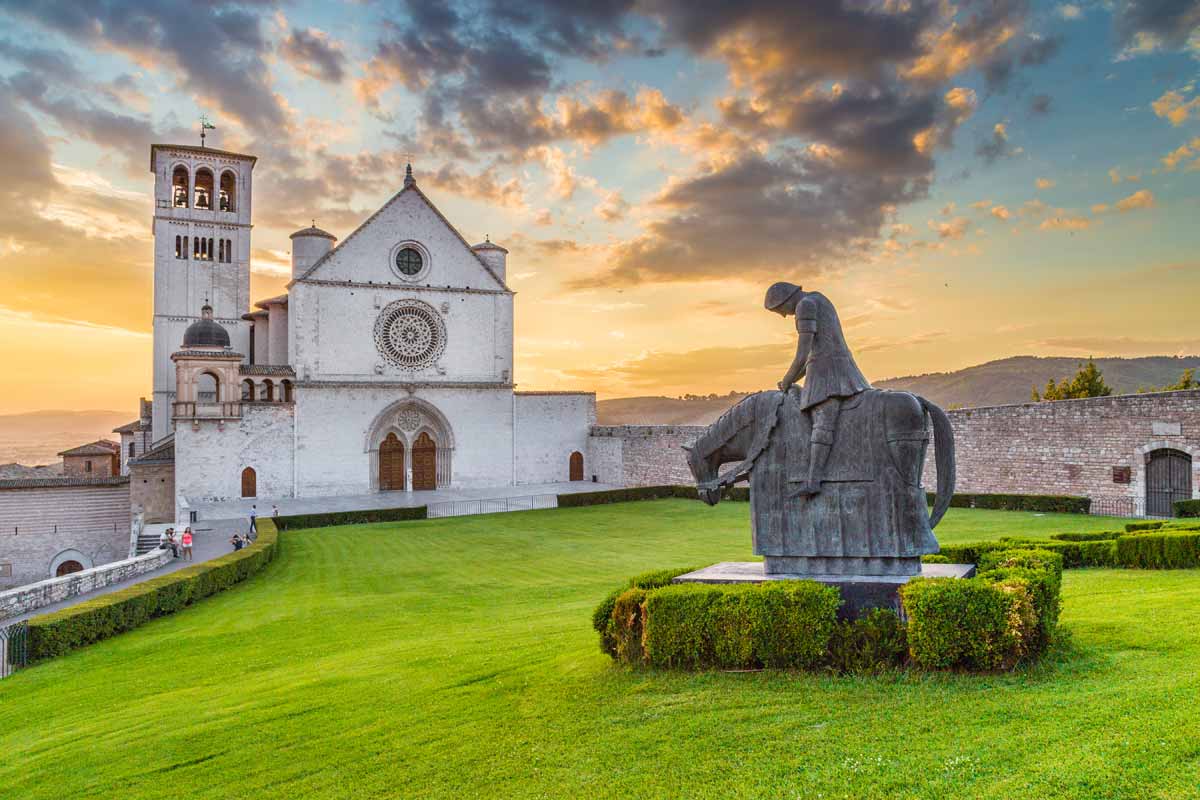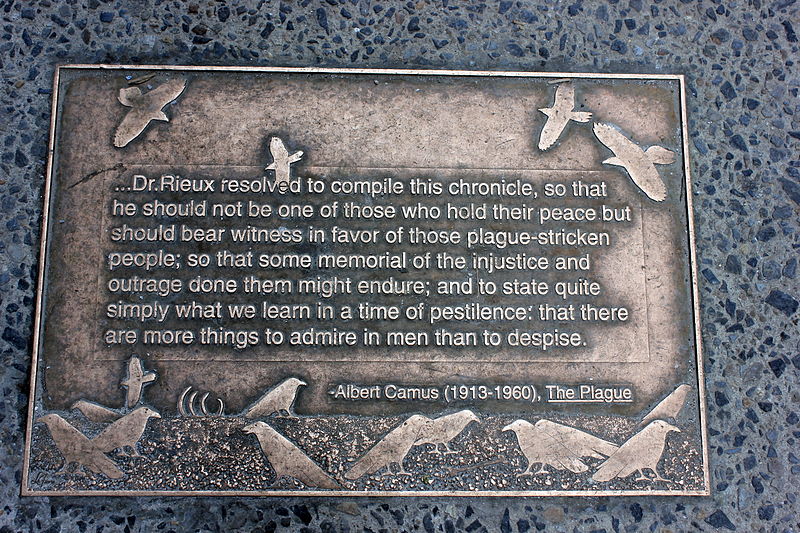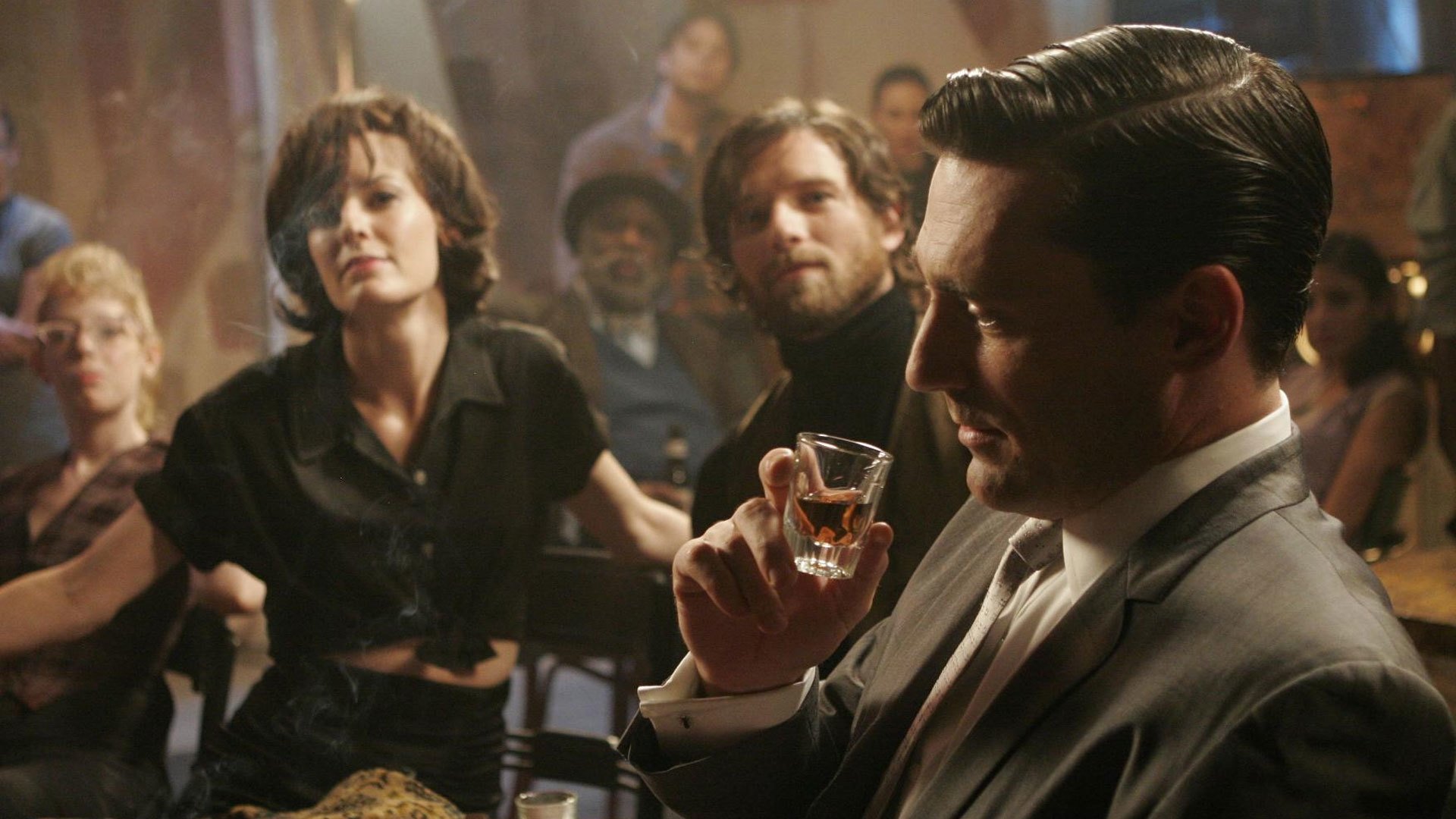* * * *

* * * *
June 11,* 2025 – In the last post I said that this post would continue the story of my recent two-week trip to London, Liverpool and Stratford. (Including an account of arriving at “Lime Street Station in Liverpool, though perhaps not as ‘majestically’ as Brian Epstein.”) But first: Back in April 2015 I posted On leaving a legacy, so I’d say it’s about time for an update.
Of course one big part of my legacy will include the ongoing travel adventures, with the lesson being that you too “can become an old guy who still gets a kick out of life.” (I’ll be 74 in July.)
But back to 2015. I was a mere 64 years old. (“Young Pup!”) Yet even then I wrote that “the idea of leaving a legacy looms larger and larger.” The idea of leaving behind something for future generations to ponder, “even if it’s only some musings in a blog like this.” One quote I found on the subject said “Your legacy is putting your stamp on the future. It’s a way to make some meaning of your existence: ‘Yes, world of the future, I was here. Here’s my contribution, here’s why I hope my life mattered.’” Another thought: “Carve your name on hearts, not tombstones. A legacy is etched into the minds of others and the stories they share about you.” Or consider this, from Bill Graham (1931-1991), the noted “impresario and rock concert promoter:”
Our days are numbered. One of the primary goals in our lives should be to prepare for our last day. The legacy we leave is not just in our possessions, but in the quality of our lives. What preparations should we be making now? The greatest waste in all of our earth, which cannot be recycled or reclaimed, is our waste of the time that God has given us each day.
Of particular interest – to me as a writer – were the “I write” quotes from Shannon L. Alder, including these: “I write because God loves stories,” and “I write because one day I will be gone, but what I believed and felt will live on.” And so I write, mostly about things I believe.
One thing I believe – with Ralph Waldo Emerson – is that “Whoso would be a man, must be a nonconformist.” Another thing I believe: You don’t have to turn into a grumpy old frump just because you’re getting up there in years. See Why Are Older People More Conservative? – Psychology Today, to wit: Most old folk were “quite liberal when they were young, and younger people will become more conservative when they grow old.*” Another finding: “intellectual curiosity tends to decline in old age,” but that doesn’t apply to me. I’m still learning and hope to keep learning.
Still more findings: Old people are less tolerant of ambiguity, need more “closure and structure” and tend to “dismiss information that conflicts with their views.” And they act in “more prejudiced ways … because in older ages preserving old knowledge is more important than acquiring new knowledge.” Again, “Not me!” As I posted back in 2021 – when I turned a “mere 70” – I hope to live to 120, like Moses, with “eye undimmed and vigor unabated.” (Deuteronomy 34:7.)
Which accords with what John Steinbeck said in his 1962 Travels with Charley. (On the “1960 road trip [he made] around the United States … in the company of his standard poodle Charley.”) At the time he was a mere 58 years old – again “young pup” – but he’d been suffering a host of physical ailments. (“Steinbeck’s son Thom [said he] made the journey because he knew he was dying and wanted to see the country one last time.”) Thus Steinbeck began Part Two of Travels by noting that many men his age – told to slow down – “pack their lives in cotton wool, smother their impulses, hood their passions, and gradually retire from their manhood.” (They “trade their violence for a small increase in life span.”) But that wasn’t his way:
I did not want to surrender fierceness for a small gain in yardage… If this projected journey should prove too much then it was time to go anyway. I see too many men delay their exits with a sickly, slow reluctance to leave the stage. It’s bad theater as well as bad living.
I too would certainly not want to commit “bad theater.” On the other hand that brings up what Robert Louis Stevenson said in Travels with a Donkey in the Cévennes. (He pioneered a 140-mile hiking route – now called the GR 70 or “Chemin de Stevenson – that I hiked in 2023, as detailed in the Notes.) Here’s what Stevenson had do say about such “strenuous pilgrimages:”
Alas, as we get up in life, and are more preoccupied with our affairs, even a holiday is a thing that must be worked for. To hold a pack upon a pack-saddle against a gale out of the freezing north is no high industry, but it is one that serves to occupy and compose the mind. And when the present is so exacting, who can annoy himself about the future?
On such a Camino hike* today – I’ve done six or seven since 2017; I’ve lost count – you focus; you concentrate solely on getting up in the morning and reaching that day’s down-the-road destination. Or contemplate first-thing how good the fresh-squeezed orange juice and Café Crème tastes, and how good that first cold beer at the end of the day’s hike will taste. In other words you are mindful. You experience the eternal now. In plain words you don’t give a rat’s ass about the future and what problems it might bring, which is itself liberating.
These days we have plenty of future to worry about. (Things that might happen but hopefully won’t.) So it’s rewarding to take a break from the nowaday sleepless nights and concentrate on reaching today’s destination, with everything you own carried on your back, and looking forward to that hot shower, warm bed and cold beer. Or it could come down to this basic lesson in life: “To have a mountaintop experience, you have to climb the &^*@$# mountain!”
As noted previously – repeatedly – “I dread the day when I have no more mountains to climb.”
But how the heck did we get to all that from a lead-off picture of a stork delivering a baby? For one thing it has to do with my style of writing. I’ve been told in the past – repeatedly – that my writing goes all over the place! (But as I said in the last post, “You know, like Leviticus, Isaiah and Tristram Shandy?”) But to me that’s the fun of blogging. The chance to learn new things in doing the research, in going off on those rabbit trails, those off on a tangents. In other words, the chance to stretch your mind, in the same way you should be stretching your body.
For example, I’ve been doing the yoga pose below since at least 1976, and I always thought it was the “fish pose.” But in fact – as I learned only yesterday, researching this post – I’ve actually been doing the Supine Hero Pose. I also discovered – just yesterday, researching this post – that I’m not the only one who thinks “Get to the point!” when reading one of the prevailing New Journalism-style articles so popular these days. (Where you have to plow through all the unconventional, subjective literary psychoanalysis just to get an answer to the question raised by the headline.) And third, I also discovered – just yesterday, researching this post – just how the stork-delivering-a-baby meme came to be. Including but not limited to the fact that to some people storks were seen as omens of stability and family devotion, while others thought storks bring harmony and prosperity to households where they nested.
And all this new learning came about because my niece in Massachusetts introduced a new baby boy into the world just yesterday morning. (Thus the “stork” lead-off meme.) Which is why I’m finishing up this post in West Springfield (Massachusetts) rather that back home in the ATL. (I wanted to See The Baby!) And “Li’l Sam” also provides another good reason for me to leave a legacy. For one thing, to prove to him and others his age – who one day will be running the country – that not all those who turn 100 years or older are grumpy old frumps. (Also, “Please don’t ship me off to a nursing home, just because I turned 100!”)
In the next few posts I hope to get back to both leaving a legacy – comparing and contrasting my views from back in 2015 – and back to that wonderful two-week trip to “London, Liverpool and Stratford.” In the meantime I can remind those people my age – and those coming up to my age – to “stretch your mind, and your body! Follow those rabbit trails! Go off on those tangents! Take the Road Less Traveled. Don’t take the safe route other have taken. (‘Bor-ing!’)” Mostly because making those original and independent choices can make life a lot more rewarding.
Even if sometimes you write “all over the place.” (Like Leviticus, Isaiah and Tristram Shandy.)
* * * *

* * * *
The upper image is courtesy of Stork Delivering Baby – Image Results. See also Why Storks are Associated with Delivering Babies, and What bird is said to bring newborn babies? – Birdful, for even more “off on tangents.” Such as:
The stork myth evokes notions of care, nurturing, and the safe arrival of a vulnerable new life. It also allows parents to avoid explaining the complex realities of human procreation to young children. Simply telling a child “the stork brought you” can satisfy juvenile curiosity and provide a romantic, gently fantastical origin story.
Also, “In Ancient Greek and Roman mythology, storks were seen as omens of stability and family devotion, while in many European traditions, “storks were believed to bring harmony and prosperity to households where they nested.” See also the Young Pup link, saying the expression is “often used to refer to someone who is young and inexperienced, particularly in the context of a particular field or profession[, or] in a derogatory manner to suggest that the person being referred to is naive or lacks the necessary skills or knowledge to succeed in their chosen field… When used in this way, the term ‘Young Pup’ can be extremely offensive.” Or you might just be using sarcasm or irony.
A side note: I dated the original post “May 11.” Maybe because I’ve been distracted lately?
For this update I also borrowed – or plan to borrow, for future additions – posts including Achieving closure, On achieving closure – Part II. and “I pity the fool!” On living beyond the usual “three score and ten,” see From two years ago – “Will I live to 141,” Still pushing the envelope, at “ripe old” 72, and posts listed in October 2023, November 2023, December 2023. (On the 2023 Stevenson Trail hike.) On the “three score and ten,” Psalm 90:10 Three Score And Ten – Meaning & Origin.
On people getting more conservative as they “grow in age.” There is that quote, supposedly from Winston Churchill, that “if you’re not a liberal when you’re young you have no heart, and if you’re not a conservative when you are old you have no brain.” (Or words to that effect.) There is ample evidence Churchill never said that. Further, “Surely Churchill can’t have used the words attributed to him. He’d been a Conservative at 15 and a Liberal at 35!” Yquotes.com. See also Quote Origin: If You Are Not a Liberal at 25, etc. All of which is a slew of new things I just learned, doing further research on this post and tweaking it the morning after publishing. (“The learning never stops!”)
On Camino hikes. I define them as where at the end of each day you can look forward to a hot bed, warm shower and a cold beer.
On Rabbit Trails (or “rabbit holes”) see Rabbit hole Meaning & Origin | Slang by Dictionary.com, Definition of ‘go off on a tangent’ – Collins Online Dictionary, Unity and Coherence in Essays | Writing Center, and Unity & Coherence – ENGLISH 087: Academic Advanced Writing. (The last two articles show that at least I’m trying.)
Re: “See the baby.” Unlike the baby in the Seinfeld “Hamptons” episode, Li’l Sam was “cute as the proverbial button.“
The “Road not taken” quotes are from the “familyfriendpoems.com” article, The Road Not Taken By Robert Frost, Famous Inspirational Poem. Others have interpreted the poem differently, as noted in Road Not Taken – Wikipedia: “its interpretation is noted for being complex and potentially divergent.” Also that while it is Frost’s most popular poem, it is frequently misunderstood; for example, that “the road he will later call less traveled is actually the road equally traveled. The two roads are interchangeable.” Which is yet another thing I learned “only yesterday, researching this post!”
The lower image is courtesy of Fish Pose (Yoga Pose Explained) – Yoga Pose Encyclopedia, under the link Supine Hero Pose. Meaning this is yet another something “new under the sun, Ecclesiastes – Qoheleth,” that I just learned today, researching this post. As noted, all these years doing yoga – since at least 1976 – I thought I was doing the fish pose, not Supine Hero pose.
* * * *
A note for the upcoming August trip to England (back to England), see Faye – Whole-Trip Travel Insurance. I’ll update my research on this travel issue in upcoming posts. Also for a future post, How to Write Like a Journalist (12 Tips) – Omniscient Digital. That came from reading an article on two names you should never name a new baby. The explanation came way down after you had to read through a bunch of crap to find out what the two names were. My thought: “Get to the point!” (On that note see New Journalism – Wikipedia: “a style of news writing and journalism, developed in the 1960s and 1970s, that uses literary techniques unconventional at the time. It is characterized by a subjective perspective, a literary style reminiscent of long-form non-fiction. Using extensive imagery, reporters interpolate subjective language within facts whilst immersing themselves in the stories as they reported and wrote them.” In “Old Journalism” the reporter is said to be “invisible,” and facts are meant to be reported objectively But Point One in Write Like a Journalist says:
Know the inverted pyramid[;] capture attention and communicate effectively… It is a way of organizing information so that the most important points are at the beginning, and the less important points are at the end. This style is perfect for online marketing, because it ensures that readers will get the most important information first. People are too concerned with “storytelling,” or the vague notion they have of what storytelling is. This results in blog posts with 500 word long introductions that don’t say a damn thing, when all I want to know is [whatever I searched for]. Journalists know to get to the point.
All of which is another one of those rabbit trails, to which I’d say, “I couldn’t agree more!”
* * * *










 I’m working on a new
I’m working on a new  Then came that afternoon of
Then came that afternoon of 

 I’m working on a new
I’m working on a new  Naturally – as the week progressed – the dweeby pre-teen male cousins tried to scare the wits out of their female cousins. And they did a pretty good job of it, mostly with tales of omnivorous aliens and treacherous UFOs. Until finally, our granddaughter Heather came up to me at the campground pool. She asked, very serious, very worried, “How can God protect us from
Naturally – as the week progressed – the dweeby pre-teen male cousins tried to scare the wits out of their female cousins. And they did a pretty good job of it, mostly with tales of omnivorous aliens and treacherous UFOs. Until finally, our granddaughter Heather came up to me at the campground pool. She asked, very serious, very worried, “How can God protect us from  And now a note from the future: All that was even before “9/11” – the
And now a note from the future: All that was even before “9/11” – the 

 As to going back, I noted a post from November 8, 2016,
As to going back, I noted a post from November 8, 2016,  To finish that thought: It’s been a long haul, but over the last four years I’ve evolved, from being a “moderate” (all “nicey-nicey”), to a Contrarian, and from there to an Independent. (Used in a sentence, “Why would anyone not want to be an Independent, like
To finish that thought: It’s been a long haul, but over the last four years I’ve evolved, from being a “moderate” (all “nicey-nicey”), to a Contrarian, and from there to an Independent. (Used in a sentence, “Why would anyone not want to be an Independent, like  Or this: As someone who “takes up a contrary position, especially a position that is opposed to that of the majority, regardless of how unpopular it may be.” But that didn’t sound quite right either. I wasn’t always opposed to popular opinion. (For example, look at the “popular opinion” of 81 million American voters in the last election.) So eventually – over the last four years – I ended up changing from being a Contrarian to an Independent, “just like Moses and Jesus.” (See July 2019’s
Or this: As someone who “takes up a contrary position, especially a position that is opposed to that of the majority, regardless of how unpopular it may be.” But that didn’t sound quite right either. I wasn’t always opposed to popular opinion. (For example, look at the “popular opinion” of 81 million American voters in the last election.) So eventually – over the last four years – I ended up changing from being a Contrarian to an Independent, “just like Moses and Jesus.” (See July 2019’s 

 One theory for the shoot-down was that Howard was on a top-secret mission – on behalf of Winston Churchill – to persuade Spain’s
One theory for the shoot-down was that Howard was on a top-secret mission – on behalf of Winston Churchill – to persuade Spain’s  Another note: His airliner was shot down some nine months after the release of his 1942 movie Spitfire. That came three years after Howard starred in 1939’s
Another note: His airliner was shot down some nine months after the release of his 1942 movie Spitfire. That came three years after Howard starred in 1939’s 